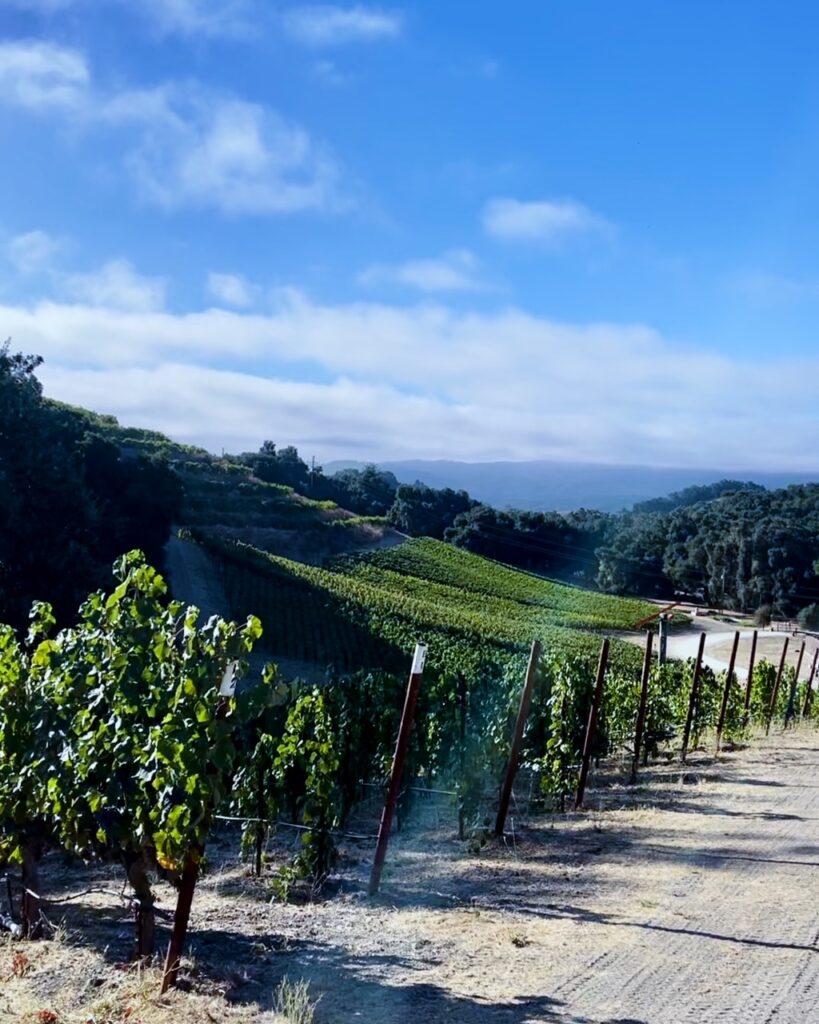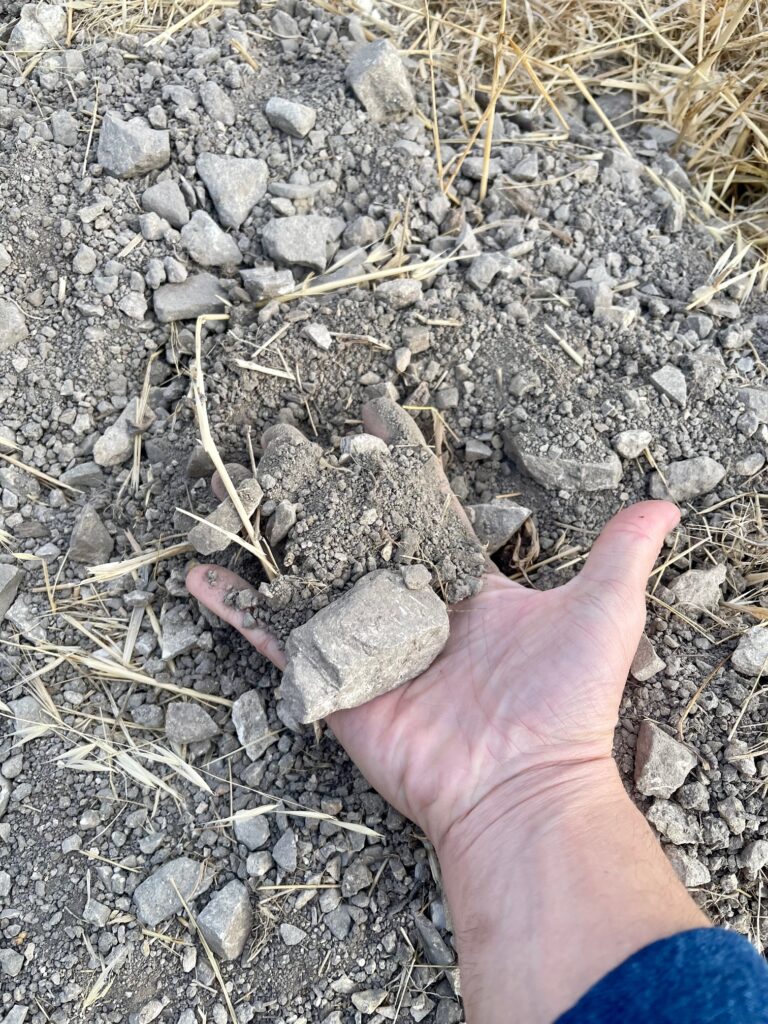Ian’s note: I have known Michele Gargani, first virtually and then in person, for almost ten years now. In the beginning, it was through posts he wrote to me about wine, and I was struck by his passion and deep-rooted knowledge. We kept in touch as I wanted to get to know him better. Over the years, Michele has lived all over the world (including Thailand) but I have been fortunate enough to meet up with him in his native Friuli and besides talking wine, enjoy his cooking (Michele is an outstanding chef and has run his own restaurant in the past). I am now thrilled to have him write for me at the Ian D’Agata Wine Review. I am sure you will enjoy what he writes, and how he writes, as much as I do. It’s easy to predict a bright future in wine writing for Michele, though I think his talents are such, and so varied, there are many things Michele could do equally well.

The southern Rhône Valley’s Grenache is a grape variety that seems to have found a home in parts of California with many outstanding wines being increasingly easy to find.
Terroir and Viticulture
Grenache from the west side of Paso Robles and the neighboring York Mountain American Viticultural Area (or AVA), just to the west, stands out for its exceptional character, shaped by unique terroirs and meticulous viticultural practices. In Paso Robles, Grenache tends to showcase more tannins, richness, and acidity than its European counterparts, a distinction rooted in the region’s dramatic diurnal temperature variation and ancient marine calcareous soils. The cold, moist air from the Pacific Ocean contributes to significant day-night temperature swings, while the calcareous soils, rich in limestone, are highly alkaline (with pH levels of 8 and above). Temperature swings, combined with high soil pH helps keep the grape’s acidity in balance, allowing for longer hang times and complete phenolic maturation. Additionally, the calcium carbonate in the soil limits potassium absorption by the vine roots. Potassium, while essential for vine health and grape development, can soften acidity if present in excess. By restricting potassium uptake, the soil helps preserve the wine’s vibrant acidity.





